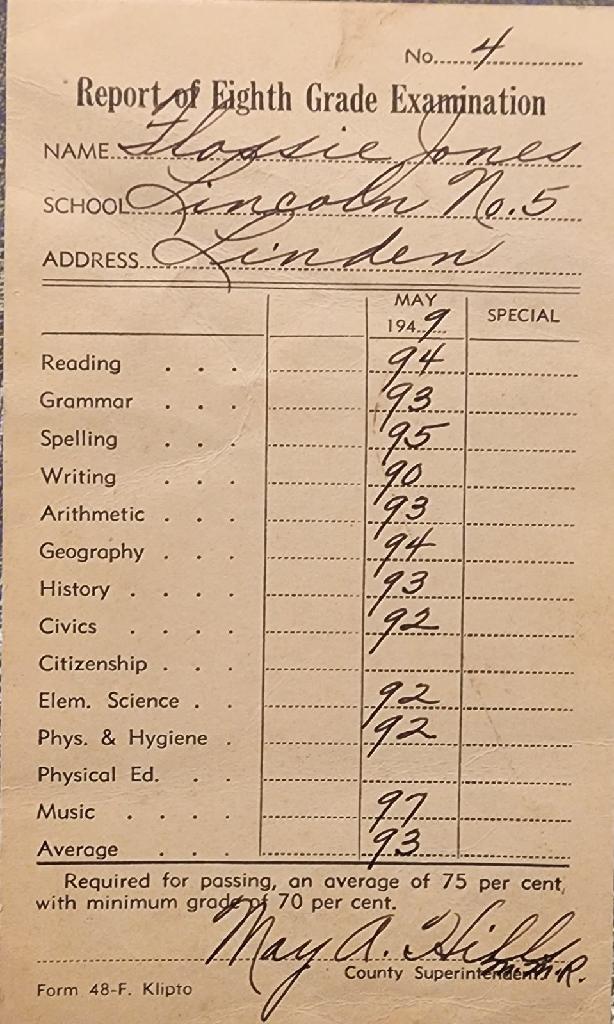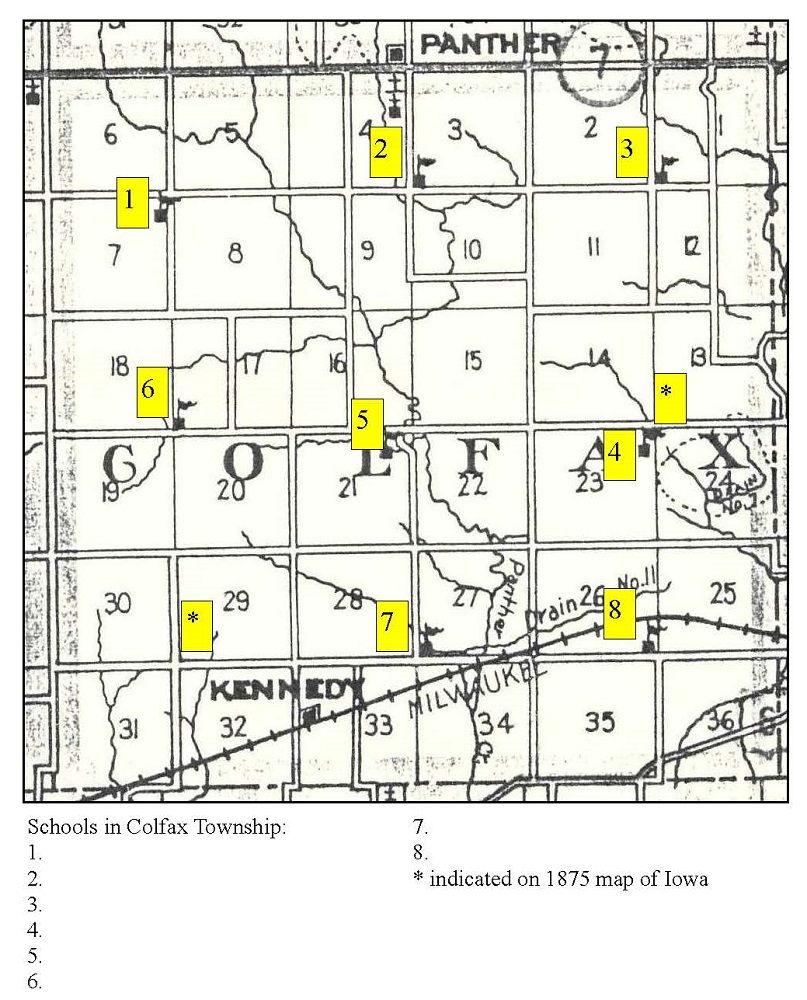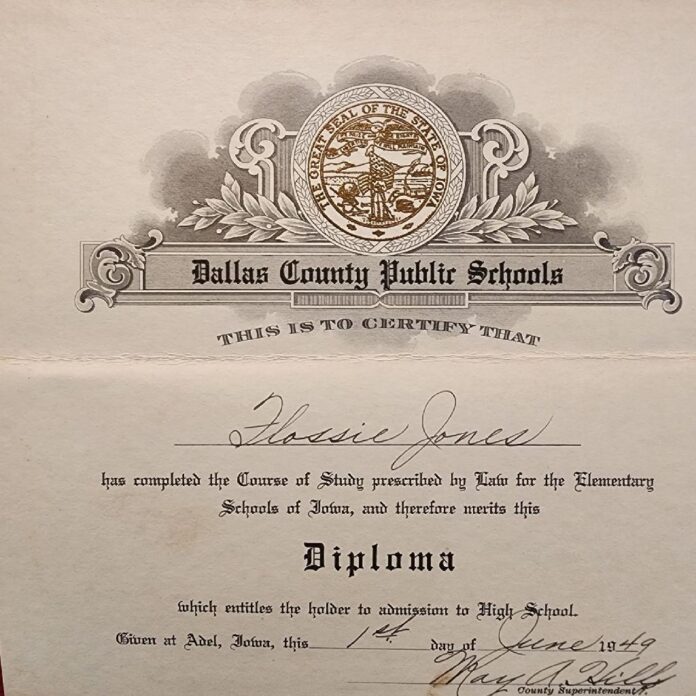 This article comprises research conducted by Sue Leslie, Myrna Griffith and Deanette Snyder.
This article comprises research conducted by Sue Leslie, Myrna Griffith and Deanette Snyder.
Education was important to the early settlers, so they sent their children to school for six to eight months out of the year, working around the planting and harvesting seasons. Students attended from first grade — sometimes kindergarten — to eighth grade and received a quality education in these one-room schools.
Lila Menz, who attended the Alton School in Spring Valley Township, said that “everyone learned because you heard all the students recite their lessons. After several years, you had heard the information so many times that you had to try hard not to learn.”
That was fortunate for the students who wanted to continue to high school after their eighth-grade year, because they had to pass an examination to do so. The examination was grueling, and the students studied all year to pass it.
The test was usually administered in Adel by the county superintendent of schools, and it took an entire day, sometimes two, covering the subjects of reading, orthography (spelling), arithmetic, grammar, geography, physiology, U.S. history, penmanship, music and civics of Iowa.
Boys were needed on the farm and often went no further than eighth grade. Interestingly enough, students in town schools did not have to pass this examination to go on to high school.
Hazel Pierson Hawbaker taught at one of the nine country schools in Walnut Township.
“I had two eighth graders that first year I taught—the girl was a good student but the boy couldn’t spell CAT,” she recalled. “He failed the spelling test the first time he took it. His parents gave permission, and he stayed many nights after school so I could help him. He got by the second time, when he took it over, by the skin of his teeth! He scored 74%, and 70% or below was failing. He went on to be a college professor at Columbia, Missouri, in meteorology.”
Gloria Shirley Renshaw was the only student in her class at Sugar Grove #4. Her aunt taught in Minburn and urged her to stay with her for her eighth grade year in order to get to know the students she would be joining in high school. Consequently, she never had to take the dreaded eighth-grade exam.
Once the pupils passed this test, they could attend the nearest high school, where the choices for juniors and seniors were either college preparatory or business/office or Normal Training. During those years, student in Normal Training learned what they would need to teach in rural schools along with assisting with classes in the lower grades — a forerunner to the system of student teaching.
If the Normal School student was 18 upon graduating and passed the State Normal Training tests, he or she was certified to teach in a rural school. They could also attend a Normal School if they wished to teach in a town school. In Dallas County, there were Normal Schools in Adel, Dexter and Perry.
During the early years of Dallas County, Colfax Township was attached to Adel Township until Jan. 4, 1869, when its present boundaries were drawn. By 1879 Colfax had nine one-room schools—one was in the town of Panther and was called Panther Creek.
The students attending the rural schools in Colfax Township would have had similar experiences with eighth-grade exams. Unfortunately, other than the locations of the schools listed in 1875 and 1916 atlases, we have not uncovered any stories about the schools located in Colfax Township.
In an ongoing effort to preserve the history of the township schools in Dallas County, we are seeking details on the names and locations of the schools in Colfax Township. If you have any information about these schools, such as their location or stories of students who attended them, our group would like to hear from you. Please contact Myrna Griffith at wpldirector@minburncomm.net, Deanette Snyder at deanettesnyder@gmail.com or Sue Leslie at densueles@aol.com.



















